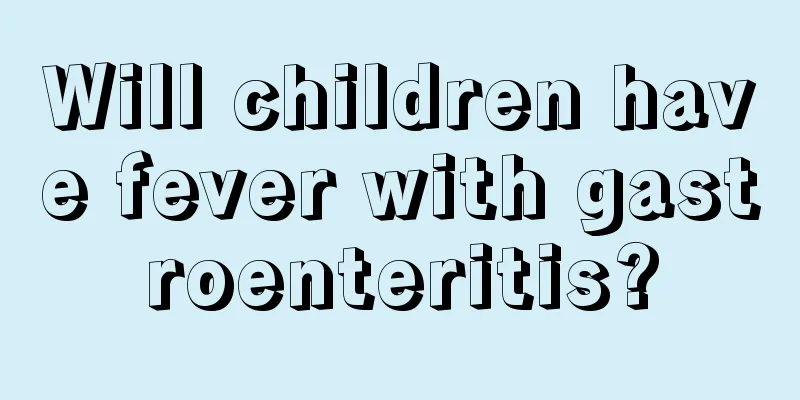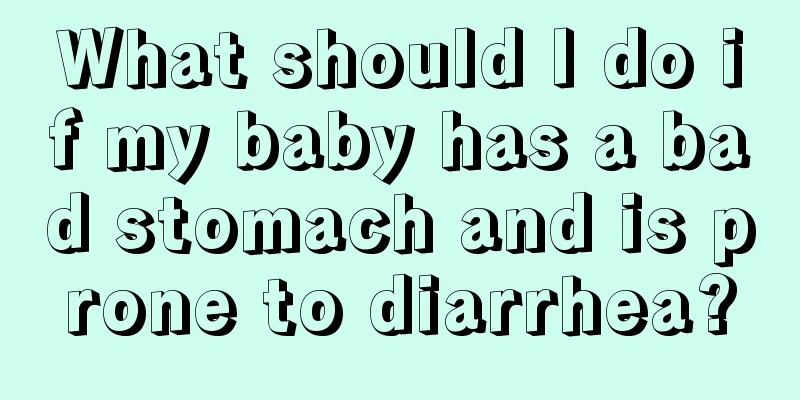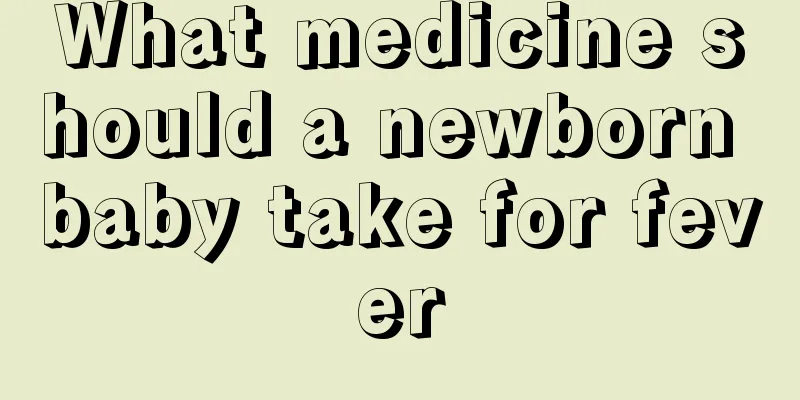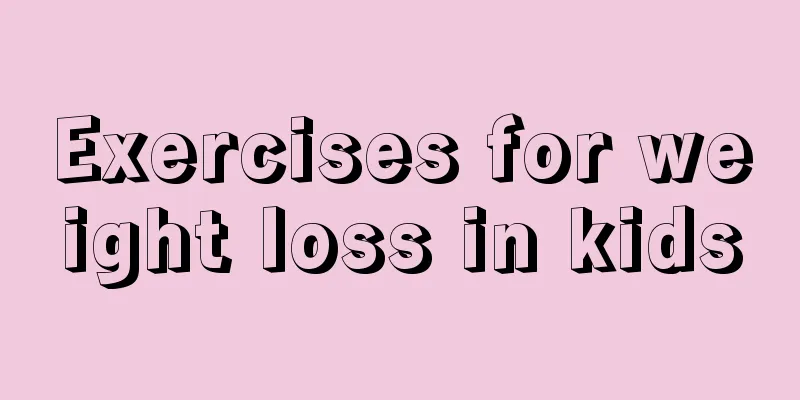What are the dangers of obesity to children?
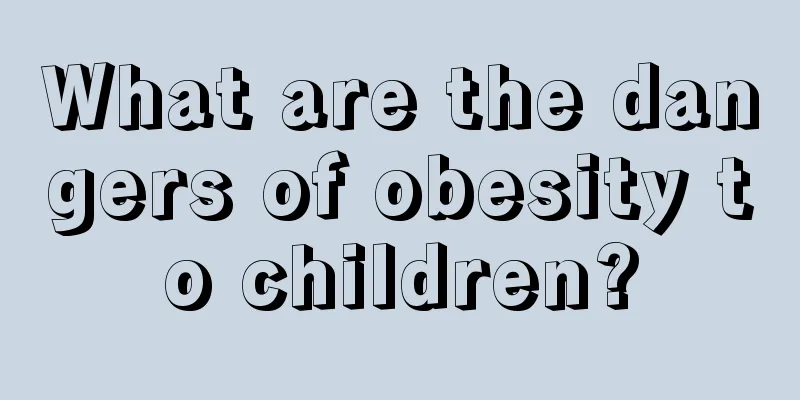
|
Childhood obesity has become a very serious topic. Every year, many children suffer from various diseases due to obesity, which has a huge impact on children's health. Children's health is a very serious topic for us. Therefore, how to avoid obesity has become a topic discussed by many people. What are the hazards of obesity to children? How can we prevent these hazards? Let’s talk about it in detail below. 1. Respiratory diseases Obese children are prone to respiratory diseases, such as upper respiratory tract infections, pneumonia, etc. Children with severe obesity have increased fat in the chest, abdomen, and pharynx, which hinders their normal breathing and easily causes hypoxia. Once they develop respiratory diseases, they are often difficult to cure and may even suffer from respiratory failure and death. 2. Decreased cardiopulmonary function Fat children generally have poor athletic ability and are sometimes regarded as "lazy" by their parents and teachers. In fact, this is a sign of reduced cardiopulmonary function. When the age and height are the same, a fat child weighs more than a thin child, so the heart and lungs have to increase circulation and breathing to meet the body's needs, which is equivalent to increasing the burden on the heart and lungs. The more severe the obesity, the heavier the burden on the heart and lungs. Long-term overload of the heart and lungs will inevitably lead to a decline in function. The reduction in cardiopulmonary function caused by obesity is initially reversible. If obesity is controlled, cardiopulmonary function will return to normal. If obesity continues, sudden organ diseases such as ventricular hypertrophy will occur and will not return to normal. 3. Hypertension and hyperlipidemia Most obese children have high blood pressure, and the fatter they are, the higher their blood pressure. In addition, obese children have higher concentrations of cholesterol and triglycerides in their blood. If this condition continues for a long time, it is easy to suffer from high blood pressure and coronary heart disease. 4. Increased blood sugar Obese children have higher blood sugar levels than normal and also show abnormal changes in glucose tolerance tests, which lay the dangerous seeds for future diabetes. 5. Impact of obesity on children's psychology The impact of obesity on children's psychology is greater and more lasting than physical harm. It will affect the formation of obese children's personality, temperament and character, and even affect their future education, employment and life. 6. Others If obese children continue to be obese into adulthood, they are prone to diseases such as gallstones, bone and joint diseases, skin diseases, varicose veins, gout, and cancer. What are the harms of obesity to children? After reading the introduction above, I believe everyone has already understood that the harm of obesity to children is very great. Therefore, everyone must pay attention in daily life and take the problem of obesity seriously. They should pay attention to controlling their weight in diet and exercise so that children can grow up healthily. Obesity is particularly harmful, so parents and friends can't relax. |
<<: What should I do if my child has a fever and convulsions?
>>: What causes precocious puberty in children?
Recommend
The child has a fever but does not have a fever
It is said that there is no trivial matter in par...
What is the reason for the doll's nose bleeding?
The nose is a relatively fragile organ of the hum...
How to make delicious baby wonton skin
The baby's nutritional intake is an issue tha...
Why are children's hands and feet cold?
Children's bodies are not fully developed yet...
What causes babies to spit up?
Every mother has experience in raising children. ...
What are the benefits of swimming for children?
Everyone knows that swimming is a sport that is p...
Can children eat mangoes when they have a cough? Why?
If a child has a cough, whether he can eat mangoe...
What are the symptoms of vestibular dysfunction?
Vestibular dysfunction is a relatively serious di...
What should I do if my child has a fever of 396 degrees?
It is very common for children to have a fever in...
What are the causes of hernia in children?
If you want to know how to treat any disease, you...
What should you pay attention to when your baby gets vaccinated for the first month of his life?
Babies will receive vaccinations after they are o...
What to do if your child coughs and has phlegm
As the old saying goes: The spleen is the source ...
What should I do if my six-year-old child has recurring fever?
Fever is a very common disease for us. Because it...
Three-year-old baby's fingers peeling
As the baby grows up, most parents will choose to...
What to do if a child has acute appendicitis
Appendicitis is a relatively common disease. Alth...


